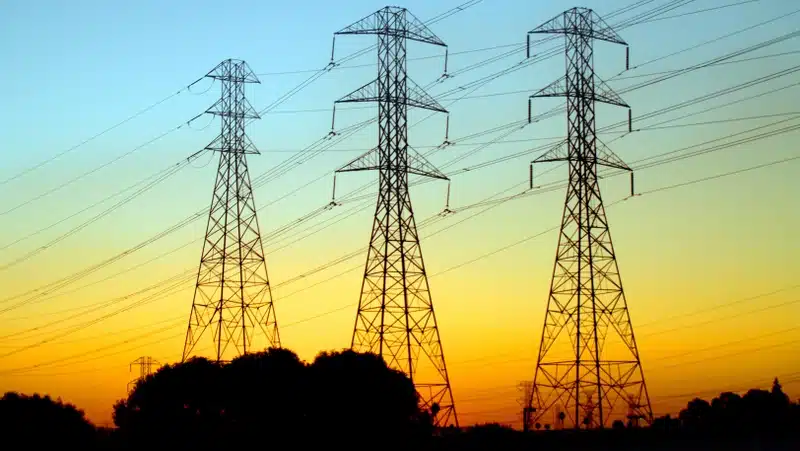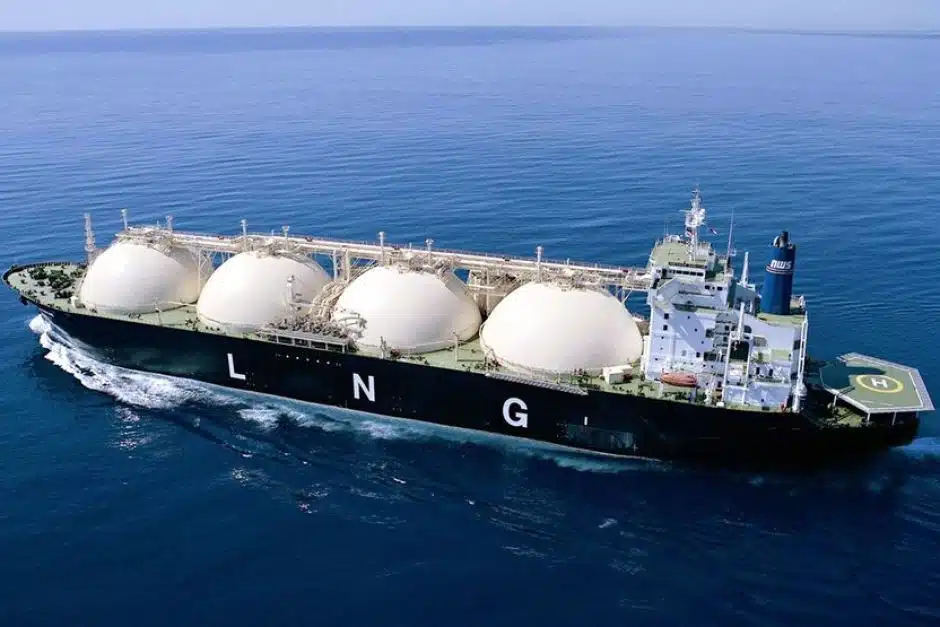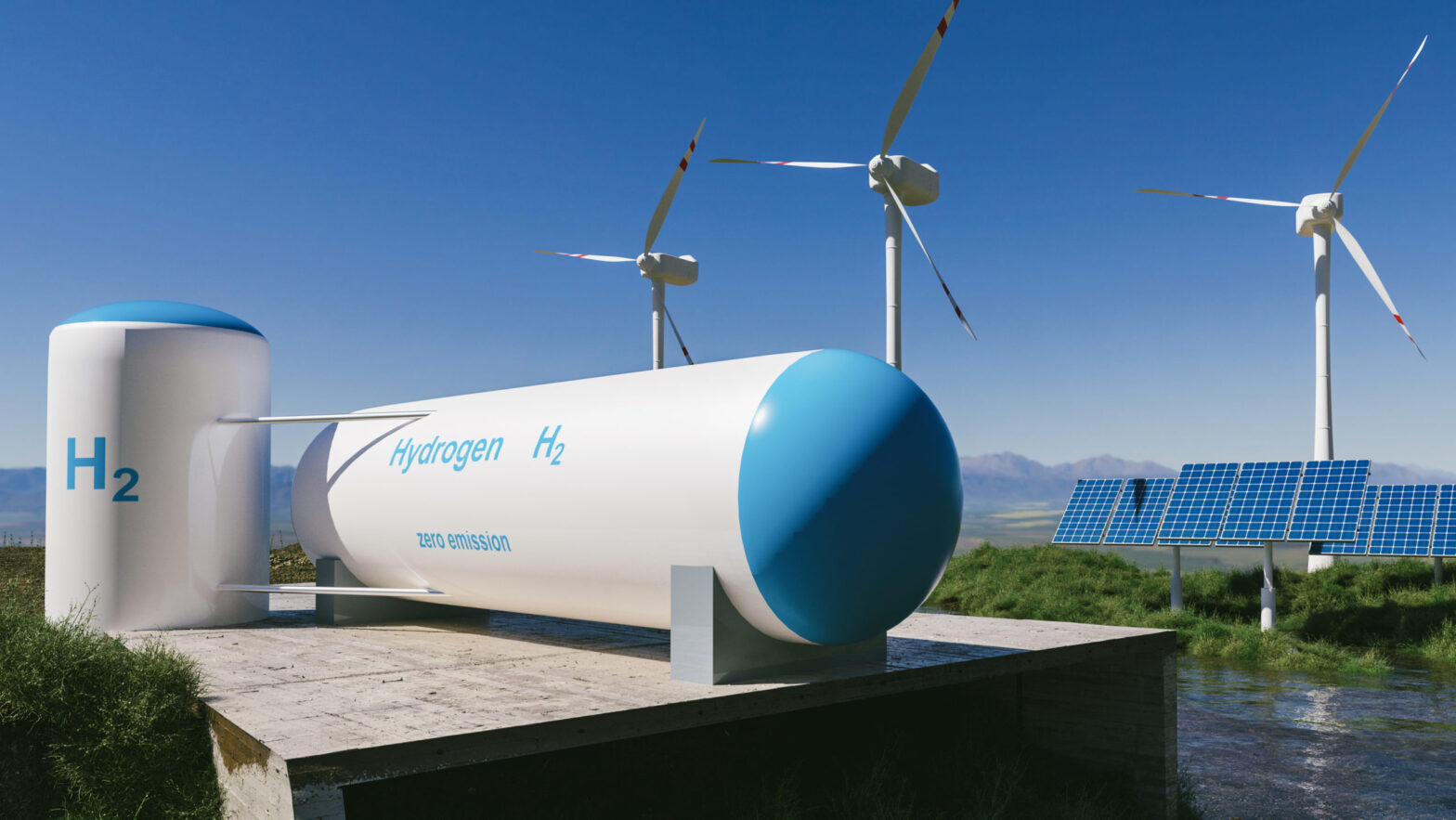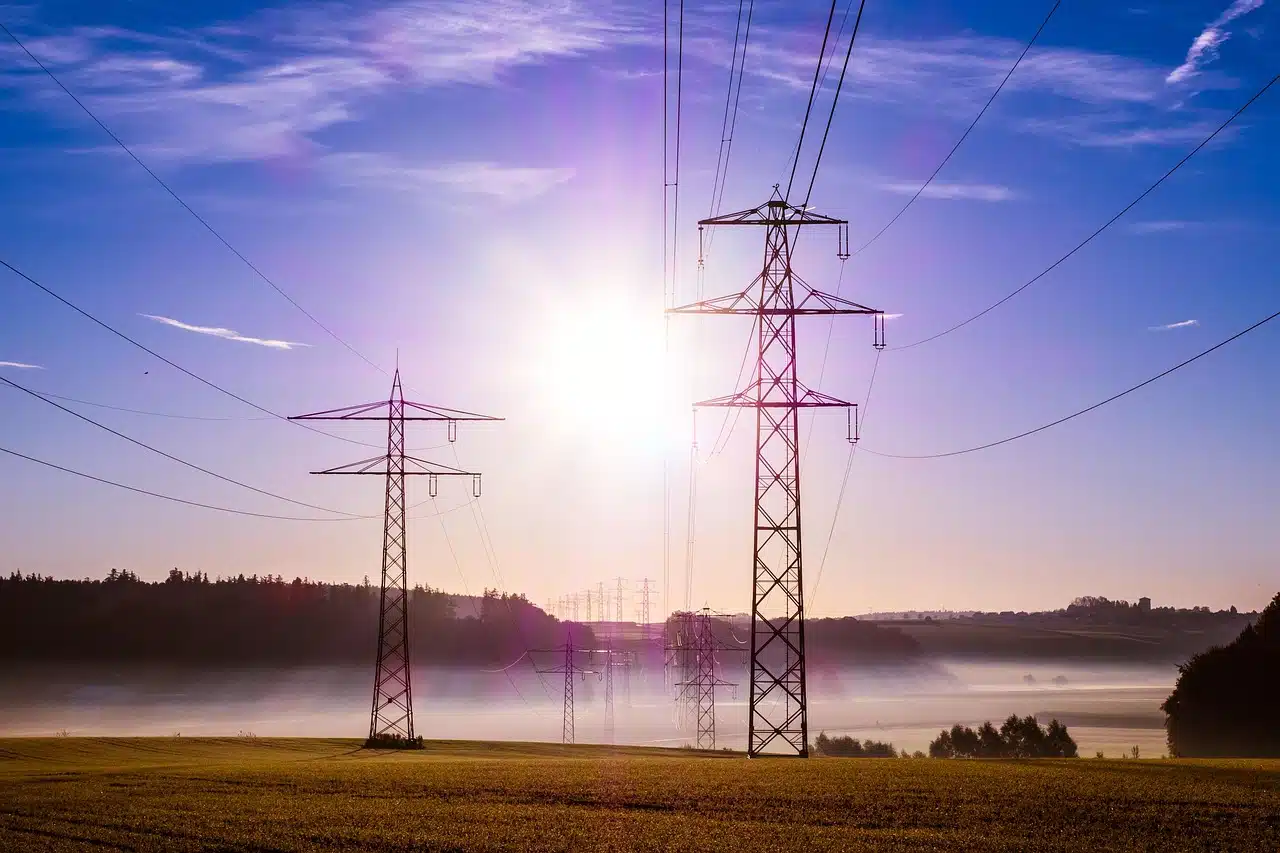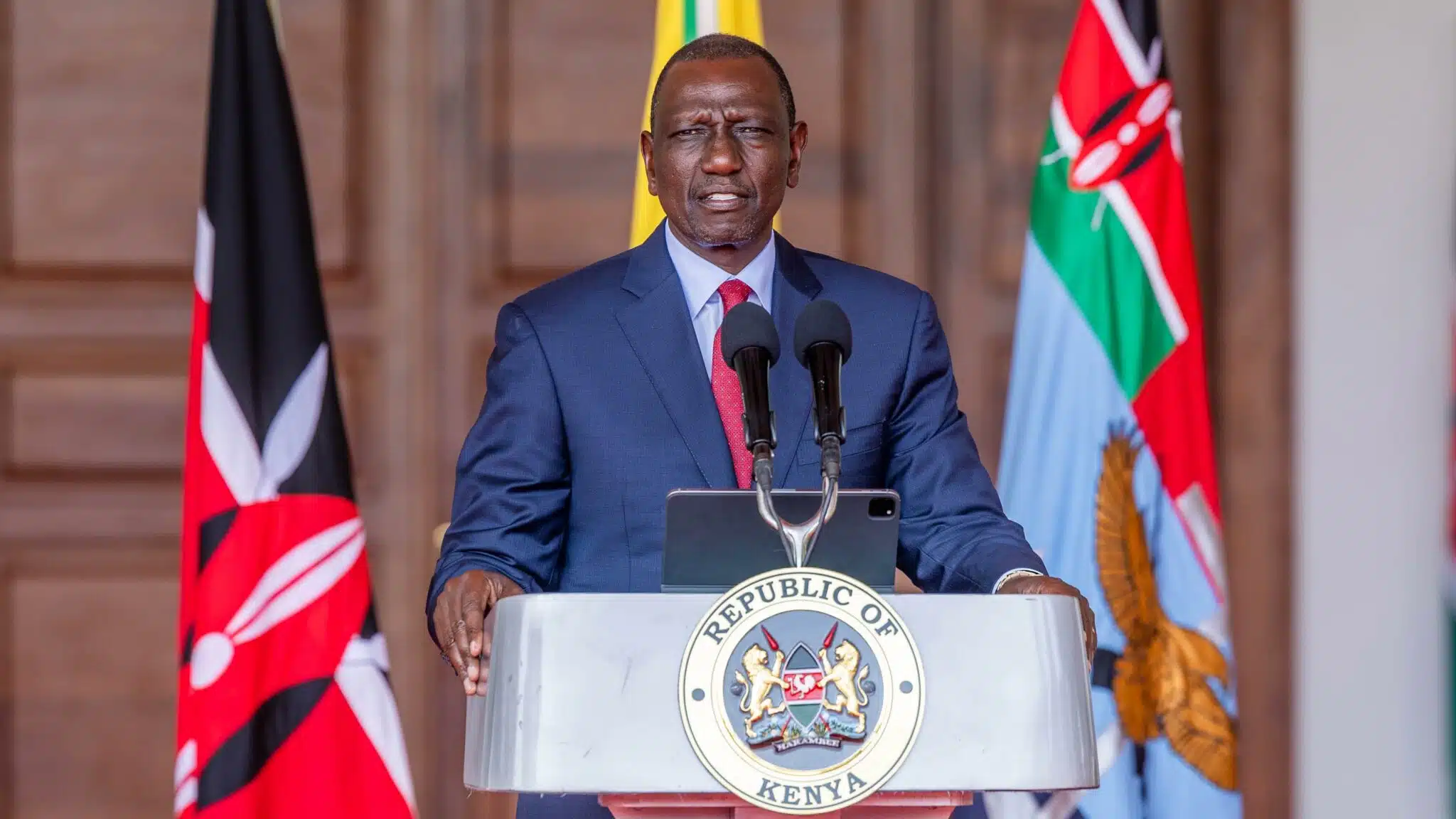The government of Mauritius has introduced a Time-of-Use Tariff as part of its broader strategy to promote energy efficiency and manage electricity demand, particularly during peak hours.
The announcement was made yesterday by the Minister of Energy and Public Utilities, Mr. Patrick Gervais Assirvaden, during the opening of a workshop on Energy Efficiency at the Hilton Mauritius Resort & Spa, Wolmar, in Flic-en-Flac.
The workshop, organized by the Ministry of Energy and Public Utilities in collaboration with the Energy Efficiency Management Office (EEMO) and the Central Electricity Board (CEB), brought together key industry stakeholders to explore ways to enhance energy efficiency and develop a national approach to energy conservation.
In his address, Assirvaden emphasized that the Time-of-Use Tariff is a powerful tool to balance electricity demand.
He explained that by encouraging electricity consumption during off-peak hours, the new tariff system will help reduce strain on the national grid while also lowering electricity costs for consumers.
“Energy efficiency is about using energy wisely, embracing innovative technologies, and adopting sustainable practices while minimizing environmental impact,” he stated.
The Minister said that the CEB recorded a 20% increase in electricity consumption compared to previous years, particularly from 18:00 to 21:00 hours. Also, the country experienced an unprecedented peak demand of 567.9 MW on February 6, 2025.
To address this, the CEB launched a national energy efficiency campaign to pursue reduction in the demand for electricity during peak times.
Assirvaden also commended the initiative, noting that it had already delivered significant results, saving 98 MWh of electricity, 98 tons of CO2 emissions and cutting costs.
“Despite this progress, we must continue our efforts to ensure long-term energy sustainability. Energy efficiency is not just a necessity—it is a national responsibility,” he urged.
Given Mauritius’ heavy reliance on imported fossil fuels, the Minister stressed the need to reduce dependency and secure energy stability to safeguard the country’s economic and social well-being.
“Energy efficiency is the most immediate and viable response to rising electricity demand.
“Smarter energy choices and investments in advanced energy management systems will ease the pressure on electricity production capacity while strengthening our resilience against global energy price fluctuations and potential supply disruptions,” he added.
The government of Mauritius is undertaking several renewable energy projects to enhance energy security.
The country has set an ambitious goal of achieving 60% of its total electricity generation from renewable energy sources by 2030.
In 2024, the African Development Bank (AfDB) and the UK government named Mauritius as the beneficiary of the Room To Run Sovereign (R2RS) program.
This could see the small island nation unlocking up to 100% of the $110 million total project cost associated with the climate mitigation component of the loan.

